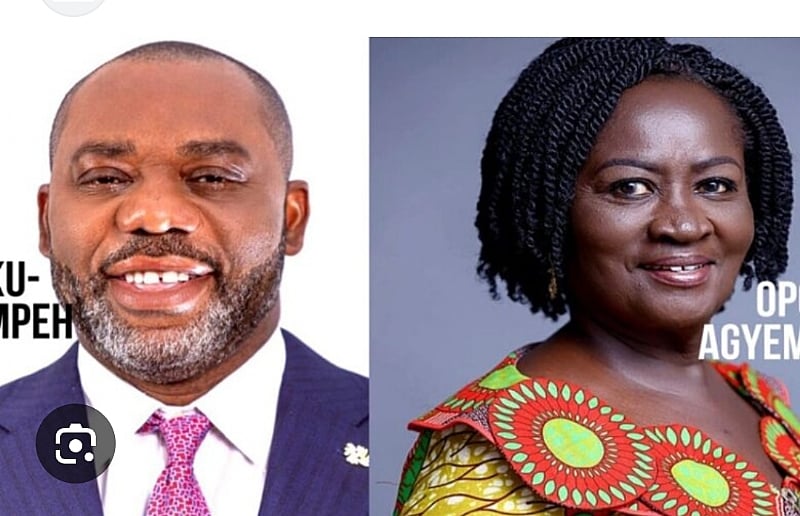Kwabena Frimpong, the Deputy Protocol Director of the New Patriotic Party (NPP), is emphasizing the importance of competence in leader selection for the upcoming presidential election in Ghana on December 7. He encourages the electorate to carefully evaluate the track records of the leading candidates and their running mates before making their decisions. In particular, Frimpong calls attention to the contrasting performances of Dr. Matthew Opoku Prempeh of the NPP and Prof. Jane Naana Opoku-Agyemang of the National Democratic Congress (NDC), both of whom previously held the position of Minister of Education. Frimpong believes their respective achievements and failures in the education sector should serve as critical indicators of their overall ability to govern and support the nation’s progress.
In his analysis of the candidates’ records, Frimpong asserts that Dr. Prempeh’s tenure in office was marked by commendable accomplishments, especially in addressing longstanding educational arrears for teachers and restoring necessary financial assistance for schools. Conversely, he points to a myriad of failures during Prof. Opoku-Agyemang’s administration that nearly destabilized Ghana’s educational system, such as significant unpaid debts impacting various school programs which caused delays and operational challenges. By scrutinizing the disparate outcomes of their tenures, Frimpong asserts that voters can discern who may be better suited to lead the nation toward a more prosperous future.
Frimpong details several specific areas where the two candidates diverged in their educational policies and implementations. Under Prof. Opoku-Agyemang, he cites the cancellation of critical allowances for teacher trainees, salary stagnation for educators, and a general freeze on employment across the education sector, resulting in a contraction of teaching opportunities. Conversely, Dr. Prempeh’s leadership saw the reinstatement of allowances for teacher trainees, the recruitment of over 200,000 teachers, and timely funding for educational initiatives, showcasing an active commitment to improving the educational landscape of Ghana.
Frimpong urges Ghanaians not to be swayed by sensational narratives that detract from substantive discussions about candidate competencies. He critiques the current media landscape for prioritizing trivial issues that foster division and animosity toward the ruling party, drawing parallels to past elections where voters expressed regret over their choices. He calls for a collective effort to shift the conversation toward performance metrics, economic management, and a comprehensive evaluation of the past actions of both parties.
Further reinforcing Frimpong’s argument is the observation that the NPP has outperformed the NDC across various sectors, including healthcare, education, and infrastructure. He believes that focusing on these accomplishments enables voters to understand the broader implications of their electoral decisions. Frimpong articulates that careful consideration of candidates’ capabilities can contribute to the further reinforcement of Ghana’s democratic process, built on the foundation of 30 years of multiparty democracy.
In conclusion, Frimpong advocates for a conscientious approach to the upcoming elections, urging the electorate to remain informed about the competencies of the candidates. By fostering constructive dialogue and emphasizing track records over politically charged rhetoric, he emphasizes that Ghanaians can secure a leadership choice that advances the nation’s development and sustains its democratic ideals. He calls on citizens to prioritize informed decision-making to promote Ghana’s growth as they head toward the polls.


